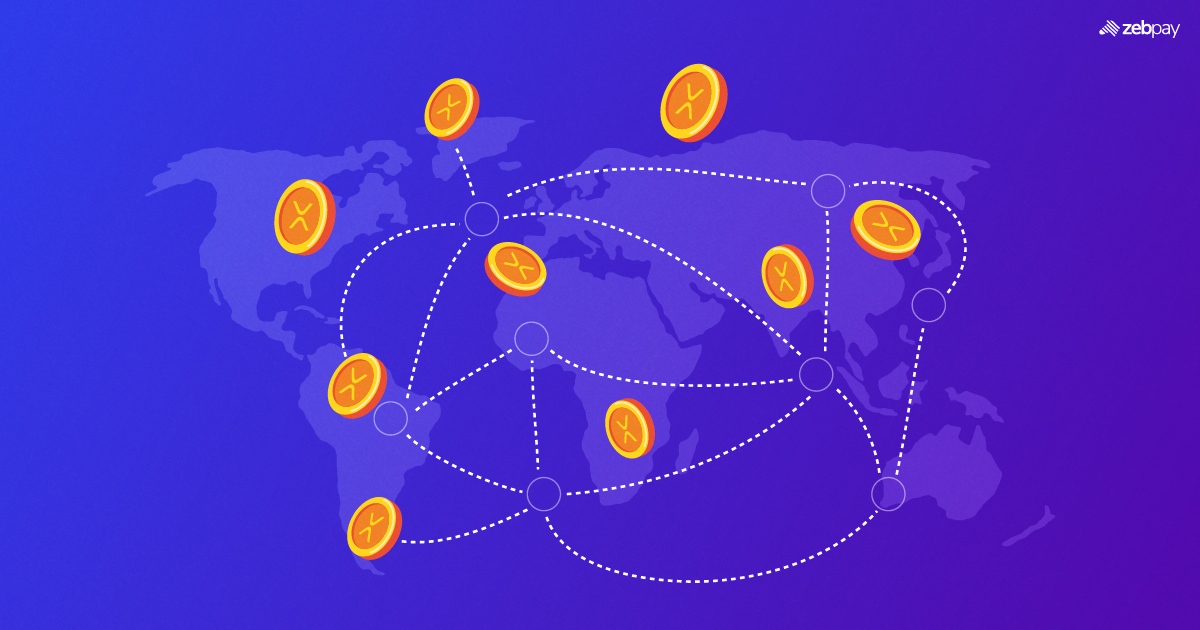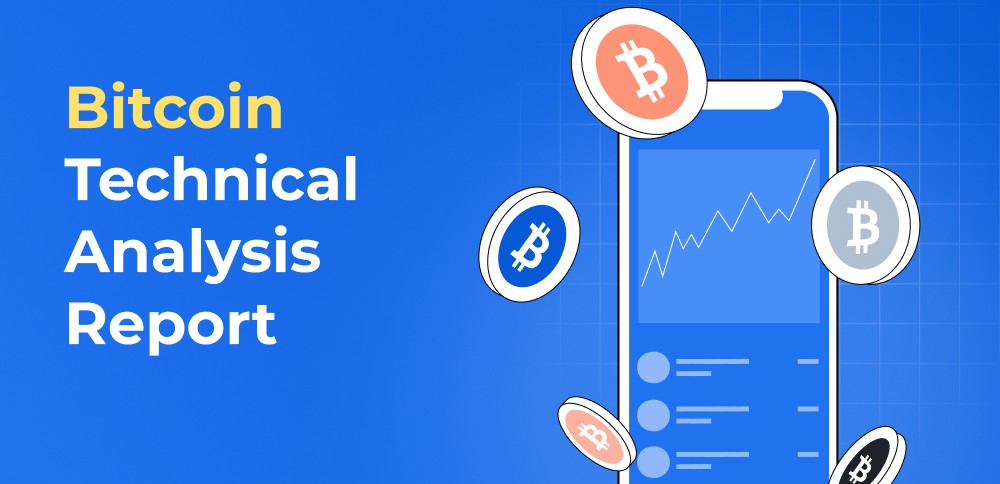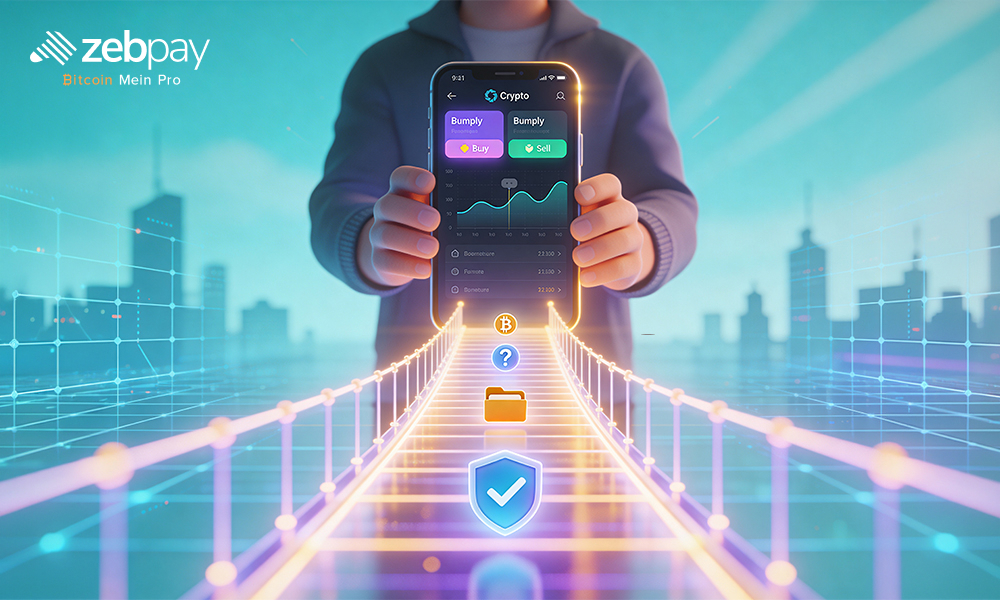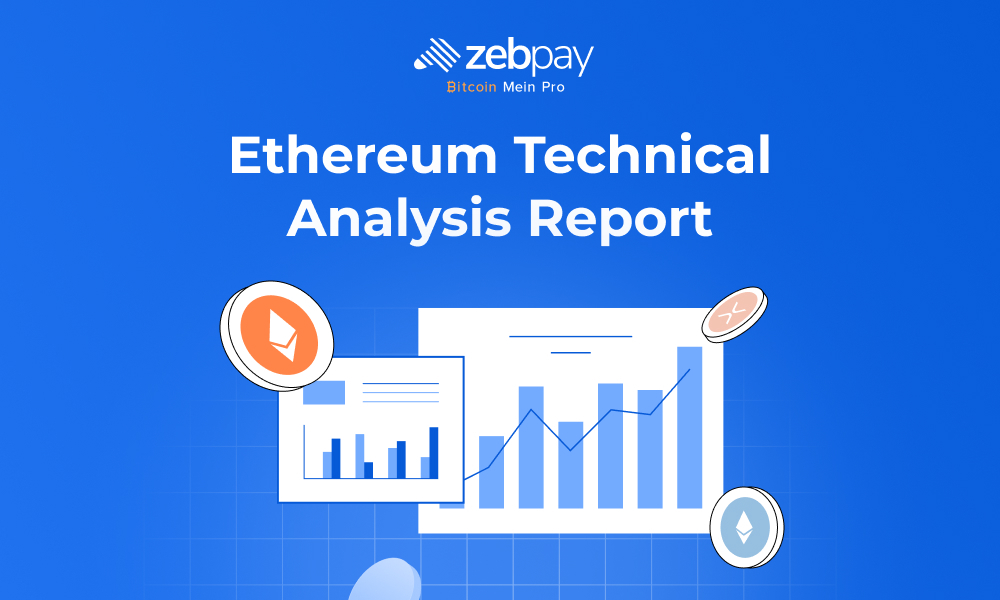Financial institutions like banks have found it challenging to transfer money across borders securely and efficiently due to the fast-changing technological landscape. Traditional financial systems will be forced to evolve due to the changing technological landscape. The future of cross-border payments looks promising due to the emergence of new payment systems.
Cross-border fintechs like the Ripple network have emerged as viable alternatives to traditional banks. They can provide lower rates and faster transaction times by utilizing cutting-edge technology. Furthermore, many fintechs provide API integration, allowing enterprises to seamlessly integrate their cross-border payment solutions with their existing accounting systems. This article will explore the various aspects of the Ripple network to see how it can transform cross-border transactions.
Understanding the Ripple Protocol
The Ripple network and its native crypto, XRP, were launched in 2012. It differs from other crypto protocols as it is controlled by a single firm rather than a decentralized entity. It is a bridge that facilitates trading between any unit of value, such as fiat currencies and crypto tokens.
Ripple has already forged significant partnerships with many banks and financial service providers. The goal is to build a network that allows as many transactions as possible to run simultaneously. It hopes to partner with organizations interested in its technology, such as large banks and payment providers. The XRP Ledger records all transactions issued in a given currency for any user. It makes “I owe you “credits and transactions between wallets public.
Read more: What is Ripple (XRP)
Ripple’s Impact on Payment Providers
Ripple can impact payment providers in many ways, some of which include:
Low-Cost Transactions
Ripple uses drops as a unit of measurement for XRP transactions to make them easily accessible at lower costs.
Scalable Infrastructure
Ripple, like traditional payment processors like MasterCard or VISA, can handle large transactions per second. It offers an attractive alternative for fintech enterprises that require robust infrastructure and a reliable payment gateway. Ripple can handle large transactions, unlike other blockchain protocols, which have limited processing capacity.
Fast Transactions
Ripple offers quick transaction settlement times. It enables instant cross-border transactions, while traditional systems like SWIFT can take a few days to settle payment transfers.
Read more: How Ripple Can Transform Traditional Banking
Advantages and Benefits for Payment Providers
Ripple offers multiple benefits to payment providers, such as:
On-demand Liquidity
XRP tokens are used as a source of liquidity by Ripple users. Banks benefit from the on-demand liquidity service of this network. A conventional payment settlement system typically takes 2–3 days to complete transactions. The XRP system enables faster, real-time settlement while eliminating the need for intermediaries.
Cross-border Payments
Using XRP as a bridge currency can help streamline the cross-border payment process.
This payment system eliminates intermediaries and lowers the risk of currency fluctuations during transfers. It enables real-time settlement between parties who may possess different native crypto tokens.
Ripple employs a link known as a gateway to create trust between two parties trying to make a transaction. The gateway acts as a credit intermediary to send and receive various currencies through the Ripple network.
XRP as a Bridge Asset

The lightning-fast transaction speed of the Ripple Network is one of its main advantages. Unlike the SWIFT system, which might take several days to complete a transfer, Ripple allows for near-instant cross-border transactions. This speed is enabled by the underlying technology of XRP, which uses a consensus mechanism to validate transactions in seconds. Businesses can gain from quick access to cash, eliminating the need to wait for payments to be processed for extended periods.
The Swift system often uses many intermediaries, each charging a fee, resulting in significant transaction costs. Ripple Network, on the other hand, provides a cost-effective option for payment transfers. It eliminates the need for intermediaries by employing blockchain technology, speeding the transfer process, and lowering expenses.
XRP is vital in facilitating network liquidity. Unlike traditional systems that rely on pre-funded accounts in several currencies, Ripple allows financial institutions to use XRP to enable real-time liquidity. This on-demand liquidity decreases capital requirements for institutions and allows for faster access to funds in several currencies. It streamlines the liquidity sourcing process and reduces the costs involved with maintaining expensive nostro accounts.
Read more: Ripple (XRP) Price Prediction
Collaboration between Traditional Payment Providers and Ripple
Ripple’s versatility extends beyond its use as a currency, as it provides a network capable of facilitating transactions involving a variety of fiat currencies and cryptos. Notable payment providers have joined Ripple, which serves as a great advertisement for its functionality and dependability. Ripple has formed alliances with several well-known banks and financial institutions, demonstrating its growing influence in the payment provider sector.
Ripple has formed strategic alliances with several payment providers worldwide. These collaborations help to grow the network and encourage the global adoption of its technology. Ripple leverages its infrastructure and user base to provide faster and more cost-effective cross-border transactions. Santander, MoneyGram, and American Express are some notable partners leveraging the Ripple network for faster and cheaper cross-border transactions.
Ripple’s Contribution to Financial Inclusion
Remittances are crucial, especially in poor nations where access to financial services is limited. XRP has the potential to revolutionize the remittance sector by making money transfers faster, cheaper, and more inclusive. Users can leverage Ripple’s technology to avoid traditional intermediaries, lower fees, and increase transaction speed. It can empower individuals in underprivileged areas while also contributing to global financial inclusion.
Future Trends and Outlook
The Ripple Network has the potential to change the financial system as it expands and introduces new technology. Financial organizations can benefit from a faster, more efficient, and cost-effective cross-border money transfer system by joining the Ripple Network. Ripple is well-positioned to impact the future of cross-border transactions due to improvements in AI, strategic alliances, and enhanced regulatory compliance.
Read more: Ripple and Smart Contracts
Ripple provides a technologically advanced platform for worldwide financial transactions due to its exceptional speed, cost-effectiveness, transparency, and liquidity solutions. It is paving the way for a more equitable and efficient global money transfer ecosystem by leveraging the power of blockchain. As the network evolves and regulatory roadblocks are removed, Ripple can change how we send and receive money.
To stay up to date with the latest crypto news, visit ZebPay blogs. Click on the button below to trade on ZebPay.







